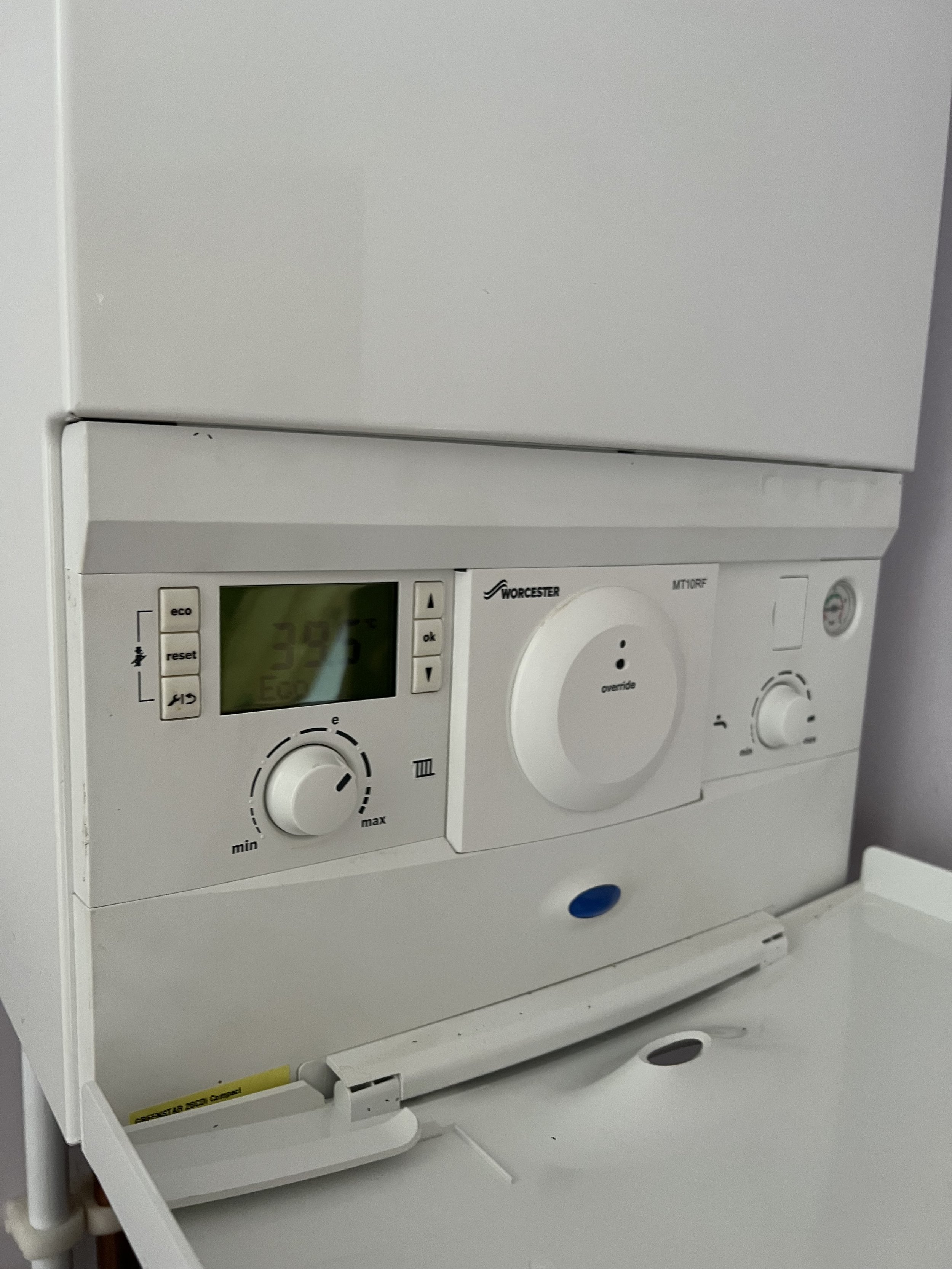Why is an EPC required?
An EPC is used to provide potential buyers and tenants of a building with an accurate breakdown of the properties energy performance, and provide practical advice on how to improve upon its rating.
The Rating provided on an EPC is related to running costs based on the fabric and services of the building and its performance potential. Aspects such as the heating and hot water system will need to be assessed, along side other areas including any loft spaces and the construction type of the property.
The certificate itself will list any recommendations that suite each individual property, that will help to improve its energy performance rating. Alongside these recommendations, an indication of the payback period will be shown so the owner of the property can weigh up the cost against the potential savings.
There is no statutory requirement to carry out any of the recommendations stated.
When is an EPC required?
An Energy Performance Certificate is required whenever a property is:
Built
Sold
Rented
For certain home upgrade schemes
You may also be interested in getting a new EPC if you’ve made improvements to your home such as adding loft insulation, cavity wall insulation or a new boiler.
What to expect from your appointment
in order to produce an accurate EPC there are key areas around the property that need to be inspected and recorded. These are areas such as:
Wall Insulation
Loft Insulation
Floor Insulation
Heating System & Controls
Hot Water System
Any Extensions
All Lighting in the property
All windows and doors
Please make sure all of the areas listed above can be accessed during the visit.
After all areas have been inspected and recorded during the visit, the information is then processed and checked by the assessor at our office. Once the report is complete it will be lodged on the central EPC register and a link will be made available for the client to view it.
How to prepare in advance for your appointment
As stated above, it is important that all areas are accessible to us during the visit, however there may be situations where this is not possible. In these situations documentary evidence will need to be provided by the home owner in order for us to include these areas in the report. This can include guarantees and receipts for work carried out by a professional installer. Photographs of the work being done by either a professional or the home owner themselves can also be used as evidence for the report. This may be the case when access is no longer possible such as:
Insulation in a solid floor
Insulation in a vaulted/ sloping ceiling
Internal wall insulation that is now plastered over.
Please have as much information as possible ready before our appointment, this will help us to produce a more accurate EPC.
FAQs
-
Assumed is added to the description for any areas that can’t be accessed during the report. The rating for that area will then be worked out based on building standards of that time.
-
An EPC rating will reflect the standards set out by the government at the time the report was carried out. This means that a report from 10 years ago may have a higher rating because the appliances and building fabric were more current at the time. As new technology advances, the benchmark for EPC’s also rises.
-
An EPC is Valid for 10 years and can be found on the national database at https://www.gov.uk/find-energy-certificate by entering your postcode.
-
LPG boilers and services connected to them are often rated poor because LPG is an expensive fuel compared to natural gas or more environmentally friendly methods such as solar.




